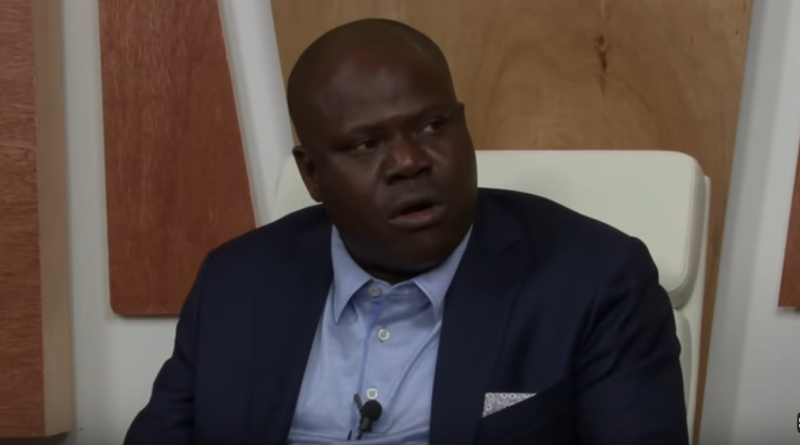Towards 2023: Opposition Politics And Electoral Democracy In Nigeria 1999-2022, By Richard Odusanya
This article seeks to assess the impact of electoral democracy in Nigeria especially in terms of the performance of the opposition between 1999 and 2022, evaluate the internal shortcomings of opposition parties, and make a projection regarding a vibrant democratic space that will go beyond routine elections to speak to the issues preoccupying the Nigerian masses and its attendant consequences.
The significance of opposition in nation-running is a tale as old as democracy. It ensures the accountability of government and preserves its institutions. Therefore, the need for vibrancy in opposition.
For a democracy as young as Nigeria’s, a multi-party system and solid opposition preempts a return to authoritarian rule. It also staves off the reoccurrence of one-party dominance. A type of dominance that breeds corruption and allows ineptitude to go unchecked. Thus setting Nigeria apart from the trend of African countries with suppressed oppositions and consequently volatile democracies.
Nigeria needs a vibrant opposition, the absence of which may further weaken Nigeria’s institutions and endanger human agency. A healthy opposition represents the people as much as the government does. It ensures the circulation of diversified opinions and criticisms in the political discourse. It also keeps the government in check.
In view of the half-hearted and lackadaisical attitude of the major opposition party, which gives an easy ride to the ruling party, APC throughout the duration of its wobble and fumble, President Muhammadu Buhari’s call for a vibrant and responsible opposition is timely and important.
The APC is a veritable example of a non-invasive laser shape focused on vibrant opposition. The party at infancy, showcased the capacity and determination to put the government of the day on its toes. They mobilized both the civil society and the citizens for aggressive opposition that resulted in what we have today. Disappointedly, we have no such incongruence that could checkmate the current gladiators.
Today, as the ruling party APC goes on with the consensus arrangement that is programmed to produce a unity list majorly dominated by a clique of the former PDP members as the incoming National Working Committee (NWC). The one million dollar question is, what manner of opposition are we expecting from the major opposition party whose better half are the ones running the show in the ruling party?
Similarly, at the heart of these expectations lies the pertinent issue of elections. Elections are meaningfully democratic if they are free, fair, participatory, competitive, and legitimate. You know a democracy is in trouble when two out of three voters don’t bother to turn up for a presidential election.
In Nigeria’s presidential poll of 2019; President Muhammadu Buhari was re-elected “allegedly” with the backing of 15.2 million voters compared to the 11.3 million votes his main rival Atiku Abubakar, was credited with. Although this gave Buhari 56% of the total votes cast, in a country with a population of more than 200 million, including more than 84 million registered voters, 15.2 million votes hardly qualifies as a huge mandate.
The 35% voter turnout was down from 44% in the 2015 presidential election and way down from the 54% turnout in 2011. In fact, turnout for Nigerian presidential elections has been dropping at an alarmingly consistent rate since 2003. The question then is why are increasingly fewer Nigerians feeling the need not to vote in elections that decide the most powerful political office?
Political participation is an essential aspect of democracy. By competing in elections, political parties offer citizens a choice in governance, and when citizens volunteer their time to participate in politics by voting during elections, they are exercising their basic democratic rights.
It is, therefore, incumbent on us to either choose to sit and throw verbal missiles on social media or to chart a new course for our nation by coming out en masse to vote for a TRANSFORMATIONAL, creative and innovative leader during the forthcoming 2023 general elections.
ARISE ‘O COMPATRIOTS.
Richard Odusanya is a Social Reform Crusader and the convener of AFRICA COVENANT RESCUE INITIATIVE ACRI

